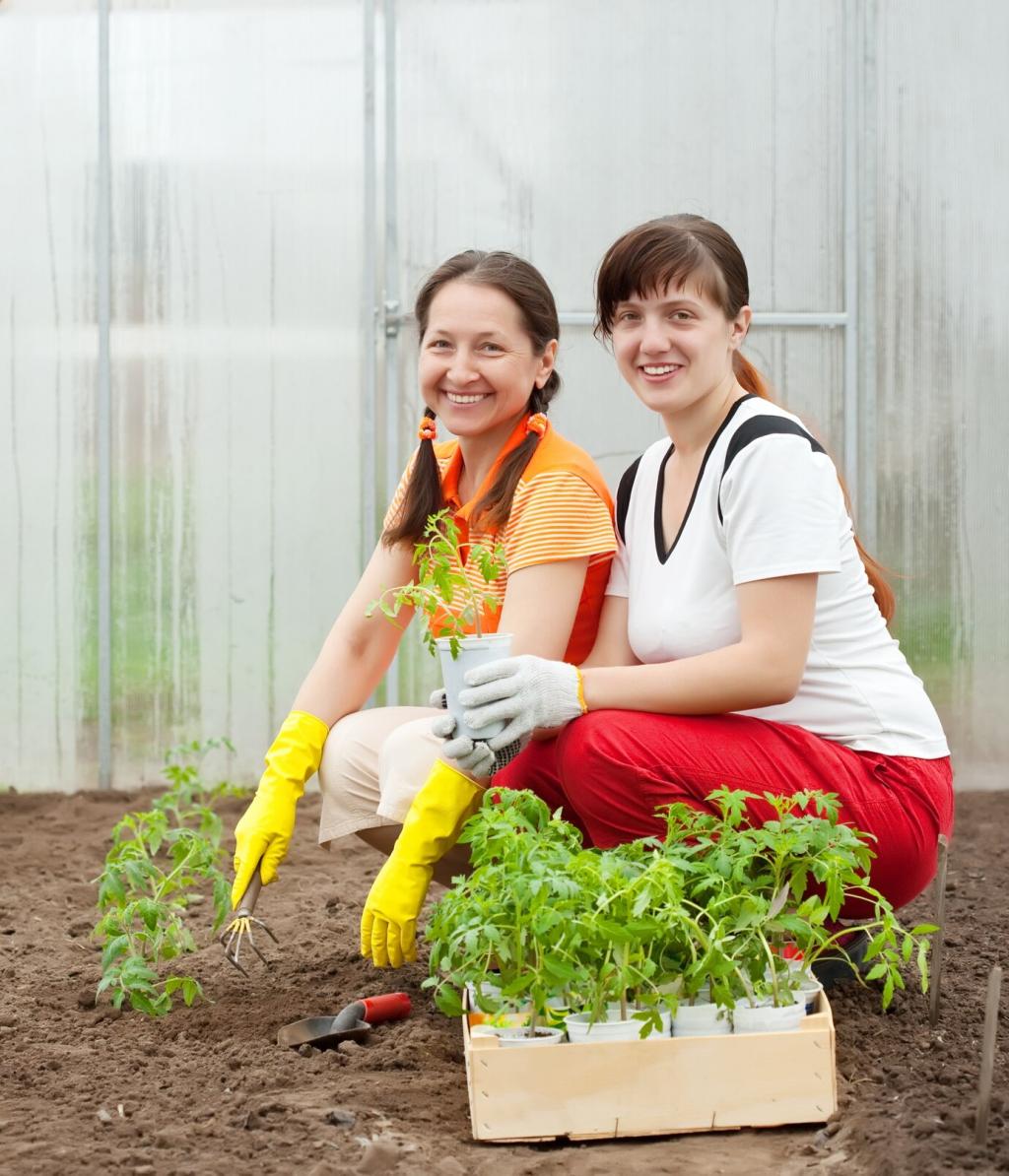Transforming Your Yard: Eco-Friendly Landscaping Tips
Creating a beautiful yard doesn’t need to come at the expense of the environment. Eco-friendly landscaping, also known as sustainable or green landscaping, enables homeowners to design outdoor spaces that conserve water, support local wildlife, and minimize waste and pollution. By adopting eco-conscious practices, you can cultivate a thriving landscape that’s both inviting and kind to the planet. Read on to discover effective tips and insights to help you transform your yard into a lush, sustainable oasis.
Choosing Native Plants
Native plants serve as the foundation of a sustainable landscape because they have co-evolved with local insects, birds, and animals. When you integrate these species into your yard, you offer vital habitats and food sources for pollinators and other wildlife, fostering greater biodiversity. Furthermore, these plants are uniquely suited to local conditions, requiring less supplemental watering, fertilizers, and pesticides, thus reducing your garden’s environmental footprint. Over time, this approach creates a balanced ecosystem that’s not only beautiful but inherently resilient to pests and climate extremes.

Water Conservation Strategies

Traditional sprinkler systems often deliver more water than necessary, leading to runoff and waste. Upgrading to drip irrigation or soaker hoses directs water precisely where it’s needed—at the roots—minimizing evaporation and reducing usage. Schedule irrigation for early morning or late evening to further cut down on water loss. Regularly inspect your system for leaks and adjust timers based on rainfall and plant needs. By fine-tuning your watering practices, you’ll save water and foster stronger, more drought-tolerant plants.
Composting for Soil Health
Incorporating compost into your gardening routine is a powerful way to build nutrient-rich soil while reducing household waste. Kitchen scraps, yard clippings, and leaves can be transformed into “black gold” that fuels plant growth without synthetic fertilizers. Compost supplies essential nutrients, improves soil structure, and boosts microbial activity. Over time, regular applications help your soil retain moisture more efficiently and suppress plant diseases, making your landscape more self-sustaining and resilient.
Mulching Methods
Mulching is an eco-friendly technique that conserves soil moisture, regulates temperature, and suppresses weeds. Organic mulches, such as wood chips, shredded bark, or straw, gradually improve soil fertility as they decompose. Apply mulch around the base of plants, leaving a gap near stems to prevent rot. This simple practice locks in water, reduces erosion, and creates healthy conditions for roots and soil-dwelling organisms. With thoughtful mulching, you save time on maintenance and boost your garden’s sustainability.
Avoiding Chemical Pesticides and Fertilizers
Limiting or eliminating chemical pesticides and synthetic fertilizers is fundamental to sustainable landscaping. These substances can disrupt beneficial insect populations, contaminate water sources, and degrade soil health over time. Instead, prioritize natural pest management methods, such as crop rotation, companion planting, or introducing predator insects. Nourish plants with compost, aged manure, or organic amendments that release nutrients slowly. By making these changes, you foster a more harmonious, self-regulating landscape that supports both plant and environmental health.
Previous slide
Next slide

